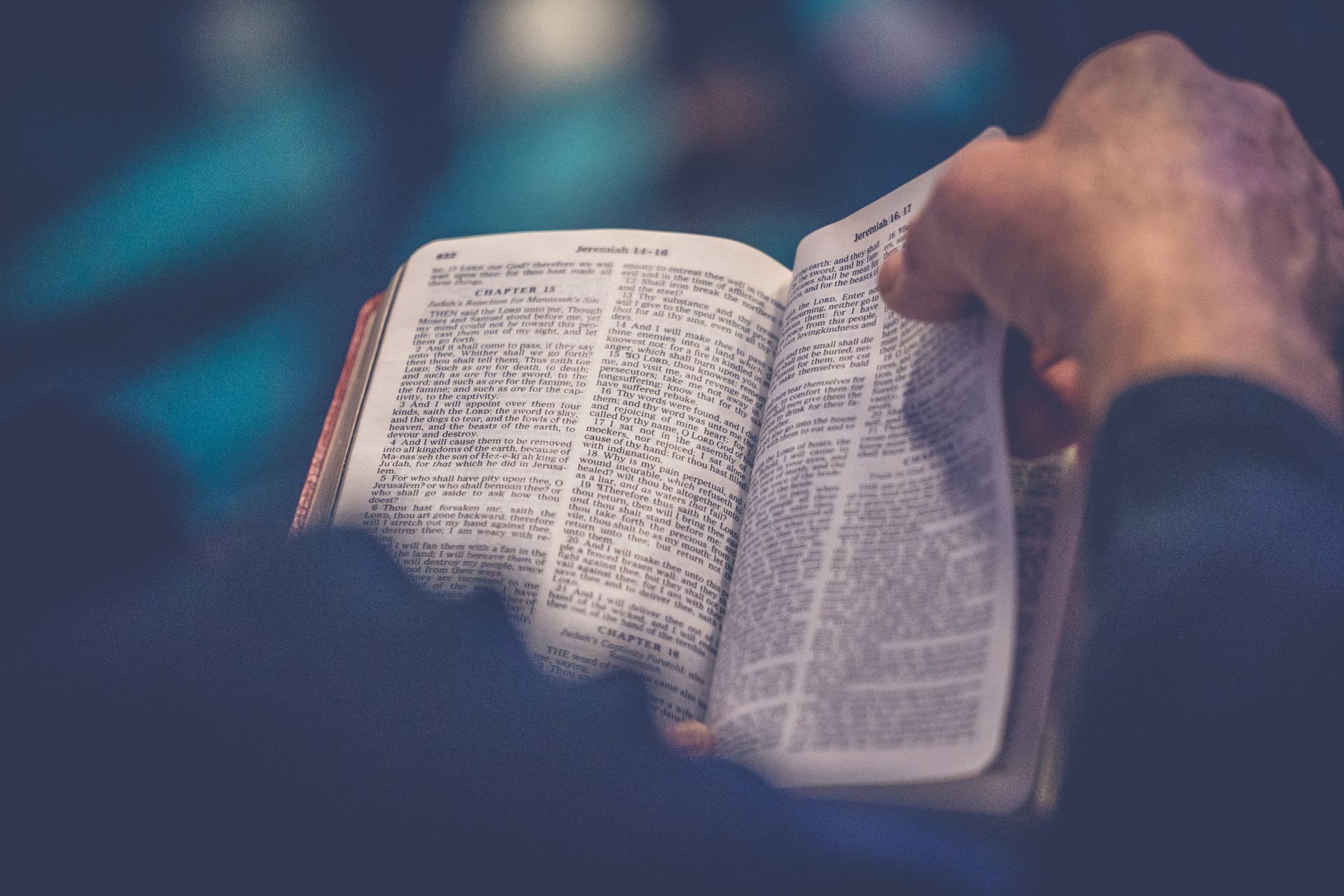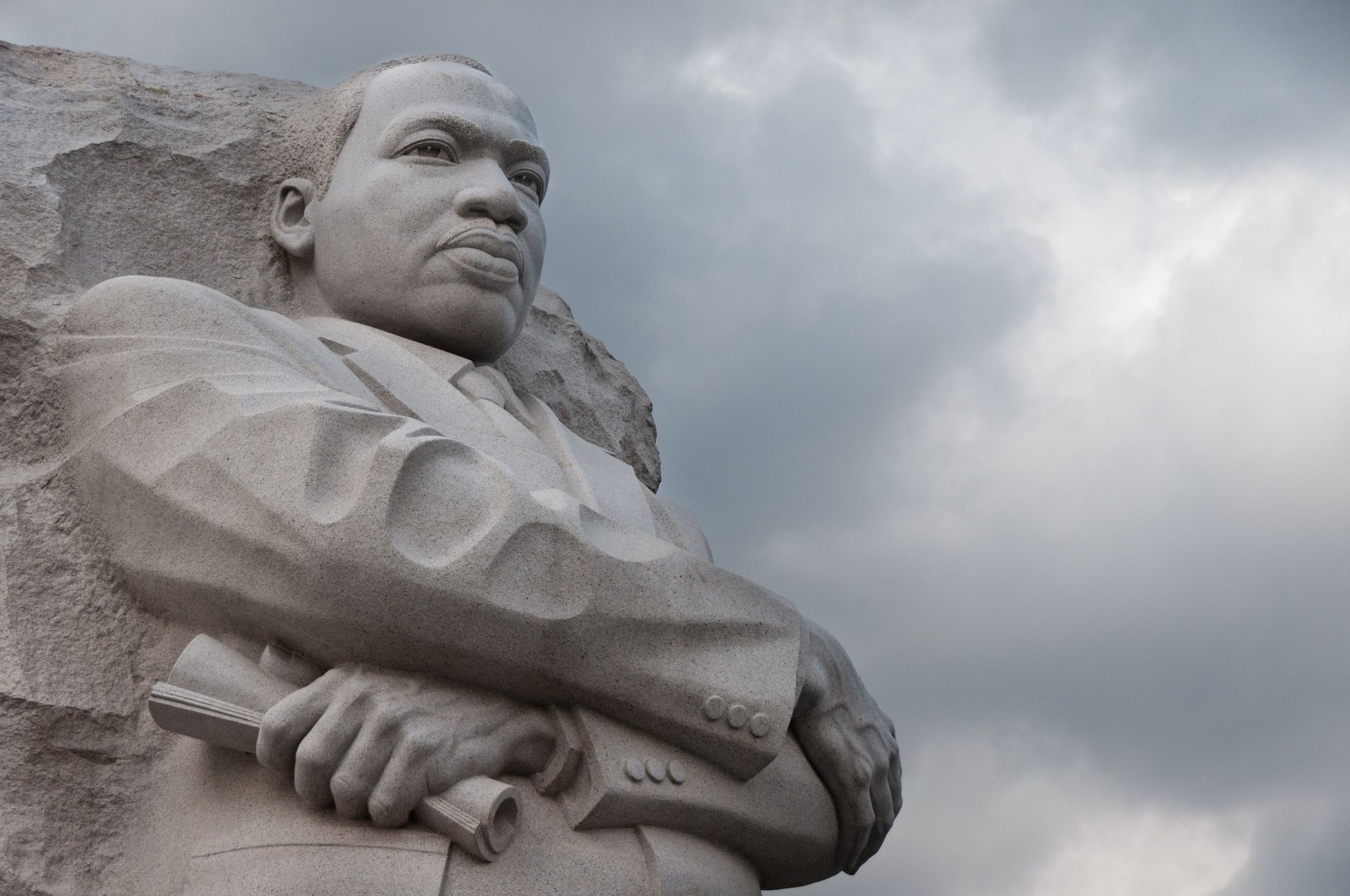By Thomas Riggs
•
February 6, 2026
SCRIPTURE James 3:13-16 Who is wise and understanding among you? Let them show it by their good life, by deeds done in the humility that comes from wisdom. But if you harbor bitter envy and selfish ambition in your hearts, do not boast about it or deny the truth. Such “wisdom” does not come down from heaven but is earthly, unspiritual, demonic. For where you have envy and selfish ambition, there you find disorder and every evil practice. WORDS OF HOPE Many of us find ourselves drawn to wholesome and uplifting characters and people. We’re drawn to the inherent goodness of Superman (and the actor David Corenswet who plays him), the unwavering optimism and kindness of Ted Lasso (and the actor Jason Sudeikis who created him), the smart and kind Elle Woods (and the actress Reese Witherspoon who played her), or the tough-love patriarchal Uncle Phil (played by the equally cool and supportive James Avery). These characters not only entertain and inspire, but in many ways, they make us feel seen, heard, and understood. We admire and often want to be like “nice” people who see the world through optimistic eyes, living a humble and selfless existence. When the apostle James asked the piercing question “Who is wise and understanding among you?”, his answer was not found in blustering fools who coexist comfortably with injustice, but among those whose life showed wisdom through a “gentleness born of wisdom”. Rev. James H. Cone, a pioneering American theologian and founder of Black Liberation Theology, argued that Christian wisdom must be measured by its solidarity with the oppressed and its resistance to systems that degrade human dignity. Any “wisdom” that coexists comfortably with “bitter envy and selfish ambition”, Cone insisted, is not from God. It is the source of disorder and evil. Wisdom that protects power at the expense of people is, by biblical definition, false. “But the wisdom that comes from heaven is first of all pure; then peace-loving, considerate, submissive, full of mercy and good fruit, impartial and sincere. Peacemakers who sow in peace reap a harvest of righteousness.” This peace is described by Dr. Martin Luther King, Jr. as the presence of justice. Black theology reminds us that peace is not a concept, but something practically made. It is created through courage, truth-telling, and communal love. The apostle James, the Rev. Cone, and Dr. King invite us to examine the wisdom shaping our words, decisions, and relationships. Are we producing humility or self-protection? Mercy or control? Disorder or life? How can we cultivate a wisdom that does not boast, a peace that does not lie, and a courage that does not dominate? PRAYER God of truth and justice, strip from us the false wisdom of envy, ambition, and self-protection. Teach us the humility that shows up in merciful deeds and the courage that stands with those pushed aside. Plant in us your wisdom from above— pure, peace-making, and full of life— so that our lives may bear a harvest of righteousness. Amen. DEVOTION AUTHOR Thomas Riggs






